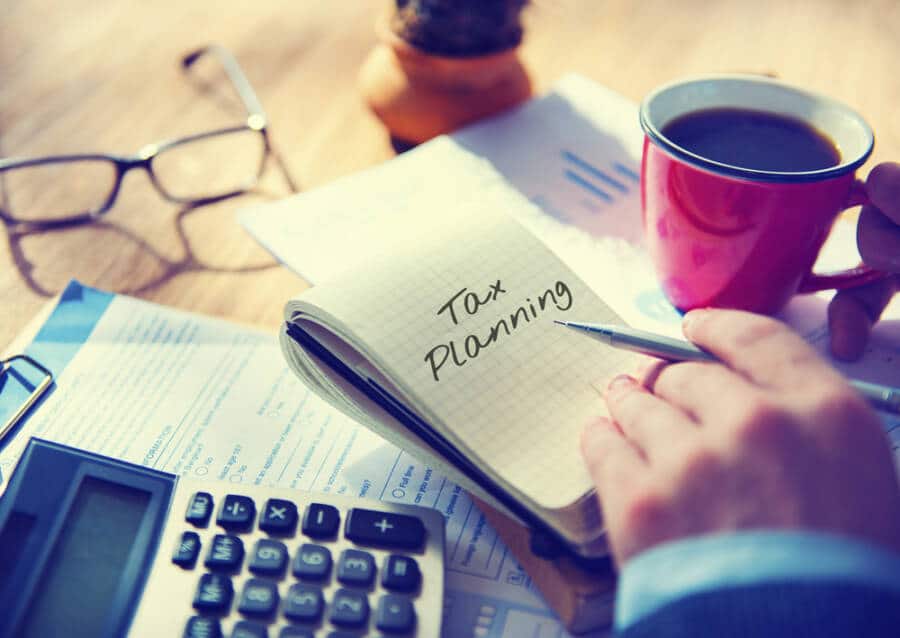
If you follow the five pillars of retirement and make sure you have them, then you’re set for your golden years!
It may be a bit weird to have a couple of pillars of retirement, but if you want to make sure that your golden years will not be subjected to nasty surprises, they are the best things to follow.
They are not so much pillars of retirement, but rather things you need to get ready for before you retire and things that you need to get prepared for.
That way, you will be sure you’re financially ready, and when things change or you need to tackle some of these items, you will know what you need to do!
From things like health care expenses to taxes, these are the most important parts of what can make up a solid retirement plan for the average American!
These are so important that no matter how your particular life has been, you need to look into them so that nothing will take you by surprise.
Thus, streamline your retirement plan and double-check that you have touched on all five pillars of retirement before it is too late! Keep on reading to discover them!
Have you heard about the five pillars of retirement? Did you plan accordingly for them? Share your story in the comments!

Tax plan
Once you retire, if you do not plan to downsize, buy more property, or have any big expenses, the biggest bill you have to pay for years is going to be the tax bill.
This especially applies to you if you have saved up a significant amount in the likes of tax-deferred accounts like IRAs and 401(k) over your work time!
One of the pillars of retirement is making sure your finances are in order. Taxes and other things related to finances are important, especially when you transition to living on a fixed income, and a lot of people forget that asking for help from a financial planner may just be what they need.
They are professionals, and if you are worried about not getting the tax code right when you retire, make sure you reach out for help with financial and tax planning ahead of time.
If you reach out to a professional, you may also end up managing to find ways to save thousands in taxes and see what you can change so that your tax filings become easier as you age.
Likewise, a professional can also aid in understanding and planning accordingly for RMDs and Roth conversions for the savings accounts you have.
Whether you know how to do these yourself or ask someone else for help, you need to start planning ahead!
Income plan
Since monthly paychecks are a thing of the past once you retire, you need to think about how you can make one of your own based on your savings and what your options are when it comes to working in retirement.
If you have been saving all your life for retirement and you are happy with the amount, then you need to plan ahead on how you are going to be spending that big chunk of money.
How will you split it? How long will it last you? Are there any other income sources you need to rely on?
This is one of the retirement pillars that is pretty tedious, but in the long run, it will be the best one to have.
You need to look into how you will finance your retirement, where your income will come from, and how you will move forward financially.
Likewise, you need to look at how Social Security benefits could come into the picture and see how that can play into your plan and strategy.
Last, but definitely not least, this pillar needs to account for inflation! If you need around $5,000 in order to live in today’s circumstances, then when you look towards the future, you are going to need about $10,000 in 20 years, if we only account for 3% inflation (which is the historical average).
Make sure your financial plan accounts for all scenarios, and if you find everything overwhelming, do not hesitate to see a professional.

Health care plan
One of retirement’s biggest concerns also becomes an important retirement pillar! This is why you need to make sure that you are up to date on everything related to your health and plan ahead as to what you will do when your health deteriorates.
While we all wish we could live up to 100 and have no health issues, humanity’s track record works against all of us.
This is why you need to know what types of diseases you have and what you could be at risk of, be it genetically or from a family history, and plan ahead.
This can be in the form of understanding Medicare and its options (Parts A, B, C, and D) better and how they can apply to you.
How much of it can you finance yourself, and how much may you need aid with?
Thinking and planning ahead for long-term care is also something to keep in mind.
Waiting for the point when you will need it is going to add more stress, while if you already have a plan, the prospect will stop feeling as desperate.
The last part of this part of planning is to plan for out-of-pocket health care expenses.
While we all try to avoid it, it is estimated that an average American couple over 65 will pay more than $300,000 for their health care, and most of that will be out of pocket.
If Medicare and its lingo continue to confuse you, then you should read as much as possible on the topic. This book here is a comprehensive guide and can help you get a better grasp of Medicare and how you can plan for it.
Investment plan
This is one of those pillars that many people find odd, but it is very important if you have made any investments or plan to make some in the near future.
This pillar of retirement answers the question of whether or not you want to take both financial and investment risks once you have retired.
And most retirees find themselves answering that they do not, which means that they should plan accordingly for the investments that they already have.
This means that instead of having and growing a portfolio of investments, you need to now think about how you plan for them; how you can secure them and make sure that all the money you have earned and reinvested is protected, and how they can help you as you age.
See if you are paying any extra fees for nothing and how you can safeguard and make this money work for you.
See if you want to continue with the investments and funds you have now or if you want to take them out.
This is one of the pillars where an informed financial planner could be a lifesaver so that you can see all the options present for you and how you can choose the one that works best for your situation.

Estate plan
Last but not least, the last pillar of retirement is estate planning.
You may not think that you have enough to leave as an estate, but a lot of people end up not knowing what will happen with their assets when they pass, and that is simply a shame.
Even if you do not set up an estate, you can easily read about what estate planning entails and what documents you need to have.
That way, you will know what you need to have on hand and updated, as well as all the steps that may need to be taken.
Likewise, consider if you need trust or not; some have no need for one, but many find it important.
Moreover, while it is not nice to think about it, think about what happens when you become widowed.
We can never know when our spouse may pass, but both parties need to be prepared for what happens after this sad event happens.
Planning ahead and knowing what needs to be done will make sure that grief does not overcome you and that you know what will happen to you, your spouse, and your assets once one of you passes away.
If you have been thinking about starting an estate plan but do not know where to start, do not worry! Here at Easy Seniors Club, we try to lend you a hand by bringing in all the most useful information. For this topic in particular, make sure you check out this article: Estate Planning Checklist.










